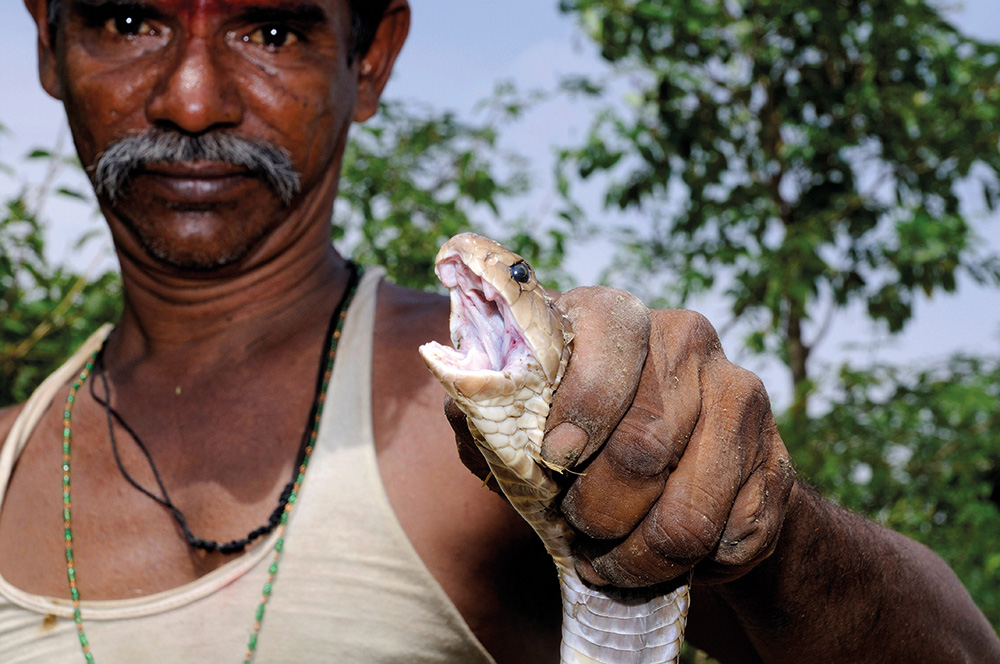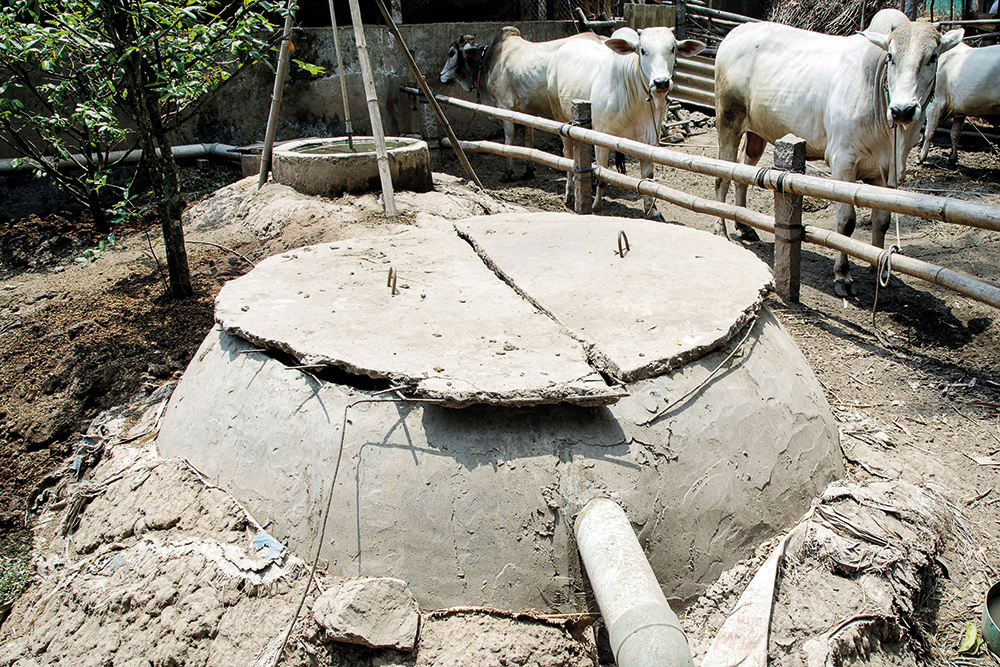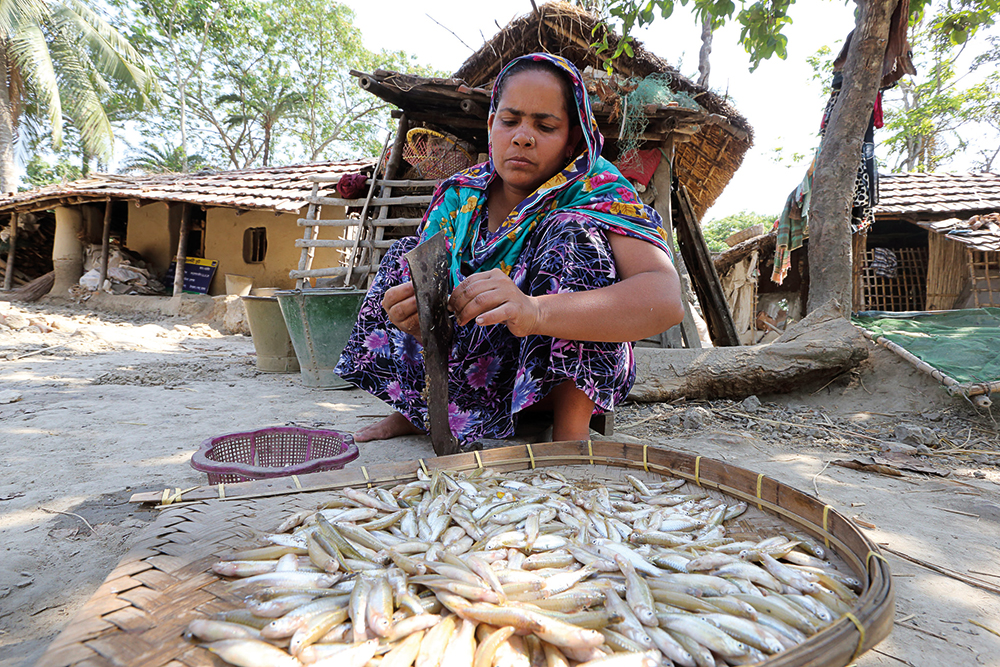DLG-Verlag was founded in 1952 as a subsidiary of DLG e.V. (Deutsche Landwirtschafts-Gesellschaft - German Agricultural Society) with its headquarter in Frankfurt/ Germany. The publishing company provides expertise for the agricultural and food sector.
With its subsidiaries Max-Eyth-Verlag and DLG-Agrofood Medien GmbH the DLG-Verlag offers books and magazines, as well as catalogs of the DLG's international DLG exhibitions.
Members:
Resources
Displaying 86 - 90 of 316Setting out from farmer realities
The aim of the “Management advice for family farms” (MAFF) approach is to strengthen the abilities of farmers to manage their farms and improve their economic and social autonomy. In Francophone Africa, this holistic concept has been applied successfully for almost two decades.
Sprouts and microgreens for a nutritious diet
Recent studies have shown that modern breeding for high yield, visual appearance and long shelf life led to an unintentional decline in taste and the content of essential nutrients in vegetables. AVRDC – The World Vegetable Center is studying whether traditional vegetables are more nutritious than modern varieties and whether early growth stages of these vegetables offer consumers a higher content of phytonutrients.
Green revolution with black gold
Last year Angola earned 48 billion US dollars from petroleum. Yet the country that was once Africa’s largest agricultural producer is reduced to importing food. Now the government and private investors want to develop the agricultural sector, in the hope that Angola could become a new Brazil. But will there still be room for small-scale farmers?
"Each country must define its own priorities"
Many a dogma produced by agricultural policies over the past decades has proved disastrous for African agriculture. Ms Rhoda Peace Tumusiime, Commissioner of Rural Economy and Agriculture of the African Union (AU), looks at lessons learnt and suggests ways to bring progress to Africa’s rural regions.
Stakeholder participation. Easier said than done
Twenty-seven nations are classified as ‘water scarce’, a further 16 as ‘water stressed’. This situation, coupled with the fact that many surface and groundwater systems are shared between two or more states, has led governments to develop sustainable water management strategies. This implies a real commitment by all water users – households, farmers, and industrialists – to use available supplies in ways that reap sustainable and equitable benefits for all.






